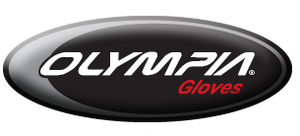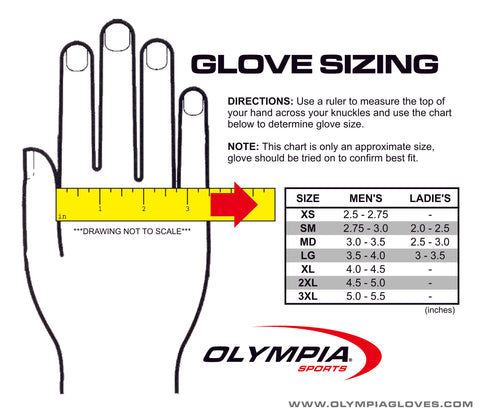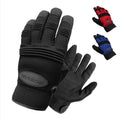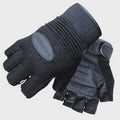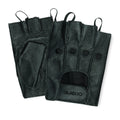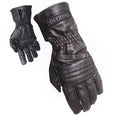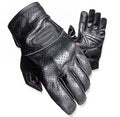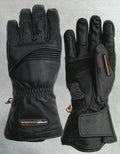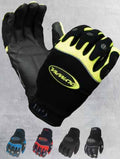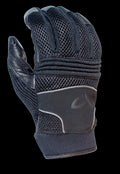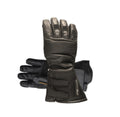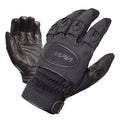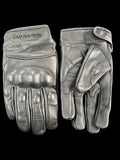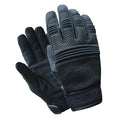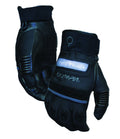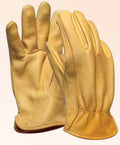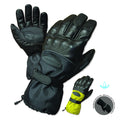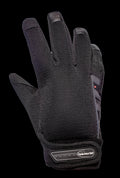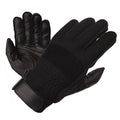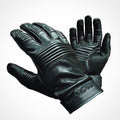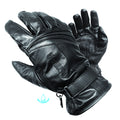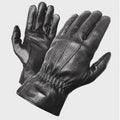The Essential Guide To Leather Glove Manufacturing (A 5-Part Series)
Posted by ROGER HEUMANN
Leather is a classic material for gloves.
What other material is strong and durable, feels great on your skin, and looks better the longer you wear it?
Many factors go into making leather gloves that fit and feel comfortable, and function well …
… but it all starts with choosing the right glove leather. From there, many other factors come into play.
We’ve written this multi-part series on leather glove manufacturing, to answer the most frequent questions that glove buyers ask us.
This is the first article in a 5-part series, covering these basic topics:
-
What is Glove Leather? (see below)
- Best Types of Leather for Gloves
o Leather Weights/Thickness
o Tanning and Testing
We hope this series makes you a more confident buyer.
First Things First: What is Glove Leather?
Many people don’t realize that the glove leather used in leather glove manufacturing is fundamentally different from leathers used for other garments, handbags and footwear, because of the qualities of the leather itself.
The traditional industry term is “Gloving Leather”, and it has some very specific properties.
The most important quality is stretch.
- A gloving leather needs sufficient stretch, specifically to the width of the hand. Gloving leather with correct stretch to width will expand just the right amount when you open and close your hand.
- Equally important, gloving leather should have no stretch to the length. If you have stretch to the length you have what is called a “runner”. When I am shopping the market for leather gloves, I pull the finger and if it stretches to length, I put it back on the rack.
To get a glove that feels comfortable as you open and close your hand – i.e., has the needed stretch to width when you close your hand, and a nice snug fit when your hand is relaxed and straight — using glove leather is essential.
Have questions about leather glove manufacturing?
When starting a leather glove project, the same questions seem to come up again and again — so we’ve compiled the background information we think is essential to making a good buying decision.
You may also find this free resource helpful: Private Label Sourcing Checklist: 10 Questions to Ask Your Glove Supplier Now
Fill out the form below, or give us a call, for a more personalized consultation.
TAGS:
